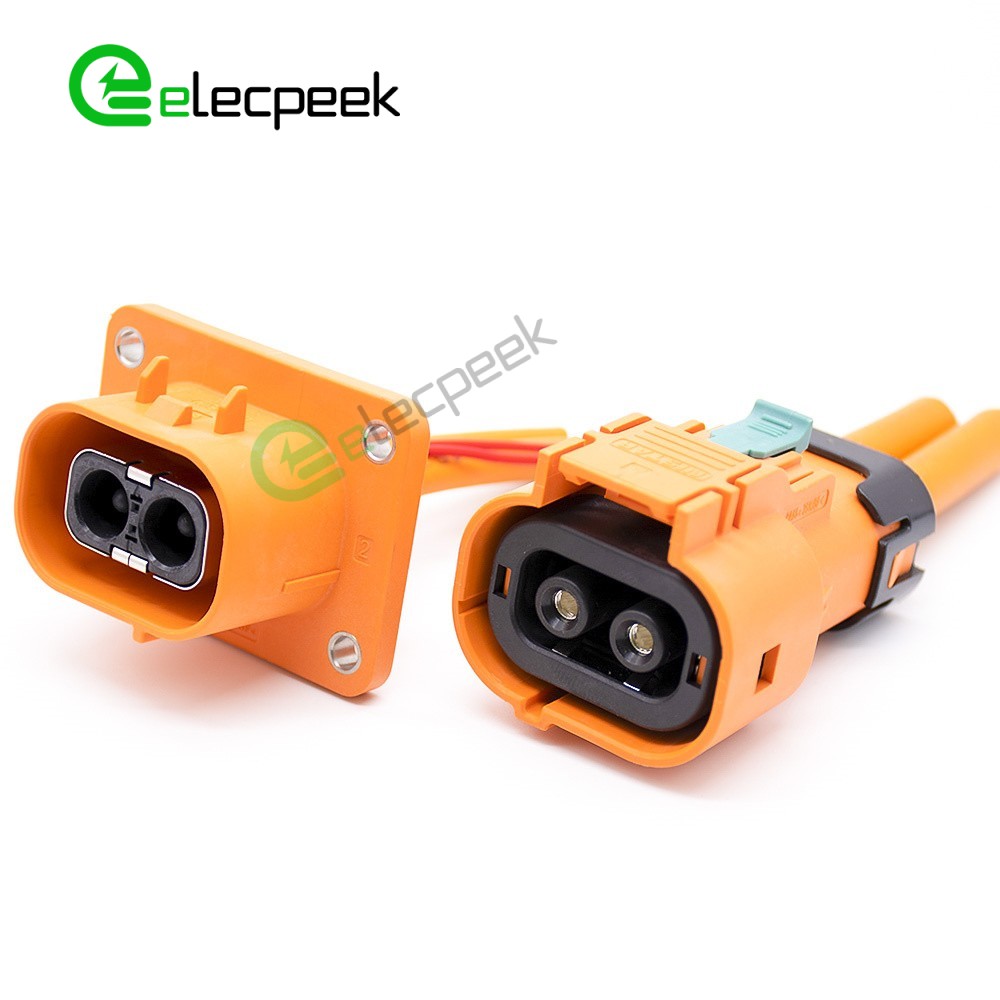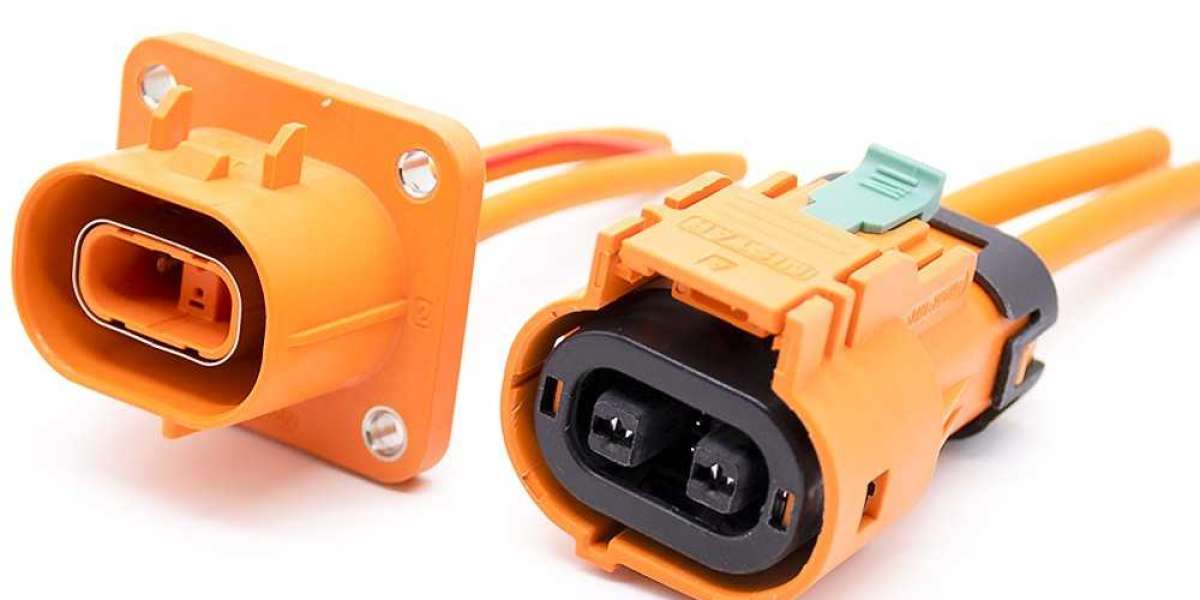High-voltage interlock (HVIL) connectors are an essential component in ensuring the safety of electric vehicles (EVs) and their passengers. These connectors are designed to isolate high-voltage electrical systems in EVs and prevent accidental contact. As the demand for EVs continues to grow, so too does the demand for reliable and safe HVIL connectors.
The market for HVIL connectors is expected to experience significant growth in the coming years, driven by several factors. One of the primary drivers is the growing adoption of EVs worldwide. According to a report by the International Energy Agency, the number of electric cars on the road is expected to reach 145 million by 2030, up from just 11 million in 2020. As more EVs hit the road, the demand for HVIL connectors will also increase.

Another factor driving the growth of the HVIL connector market is the increasing focus on safety and reliability in the automotive industry. Automakers are investing in safety features such as HVIL connectors to ensure that their vehicles meet the highest safety standards. This focus on safety is driven in part by regulations and standards such as ISO 26262, which sets guidelines for functional safety in road vehicles.
In addition to the growing demand for HVIL connectors, technological advancements are also driving the market. HVIL connectors are becoming more advanced and sophisticated, incorporating features such as interlocking mechanisms, insulation materials, and physical barriers to prevent accidental contact. As technology continues to improve, we can expect to see even more advanced HVIL connectors that further improve the safety and reliability of EVs.
The market for HVIL connectors is also characterized by strong competition among manufacturers. Some of the leading players in the market include TE Connectivity, Amphenol, Molex, and Rosenberger. These companies are investing in research and development to create innovative HVIL connector solutions that meet the unique requirements of different EV applications.
In conclusion, the market for HVIL connectors is expected to experience significant growth in the coming years, driven by the growing adoption of EVs, increasing focus on safety and reliability, technological advancements, and strong competition among manufacturers. As the market continues to evolve, we can expect to see even more advanced HVIL connector solutions that improve the safety and performance of EVs.






